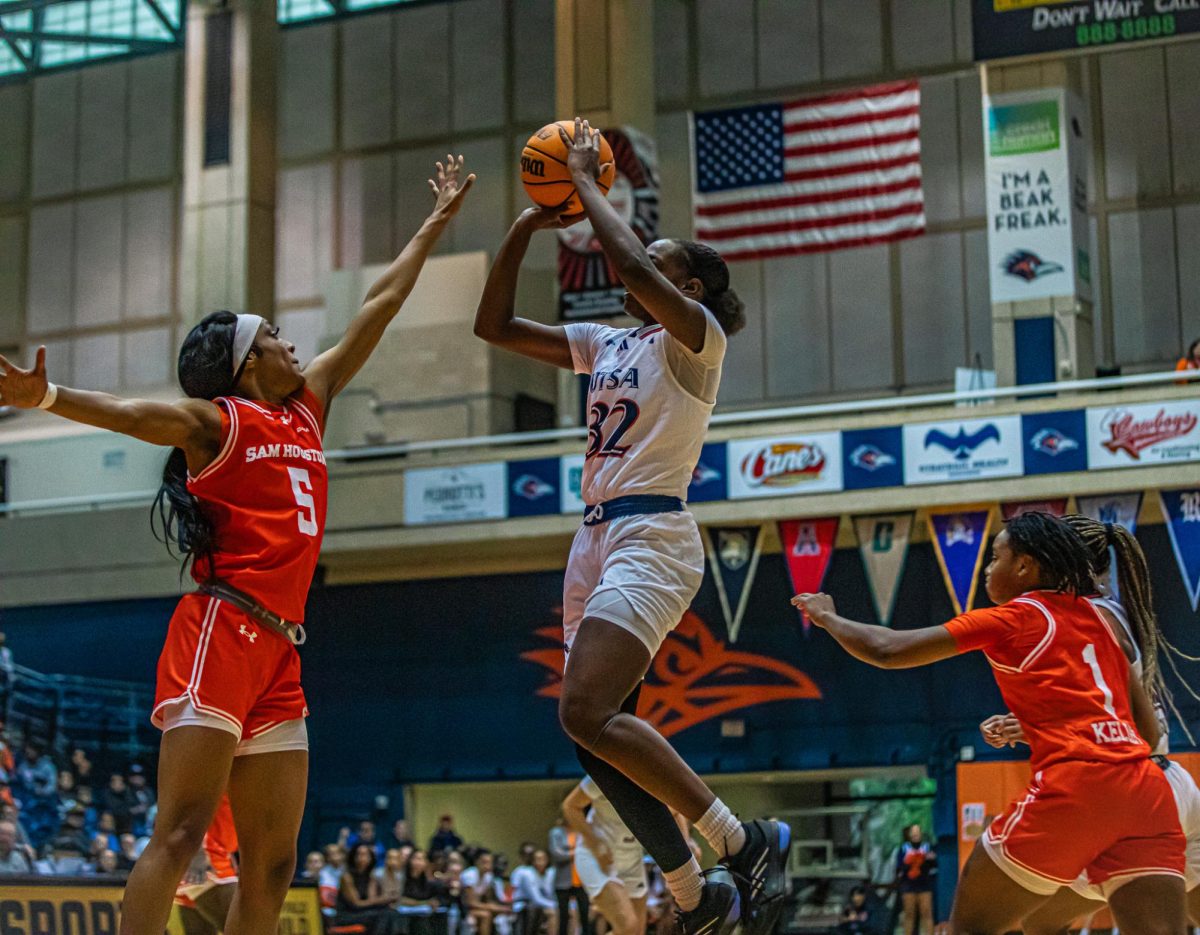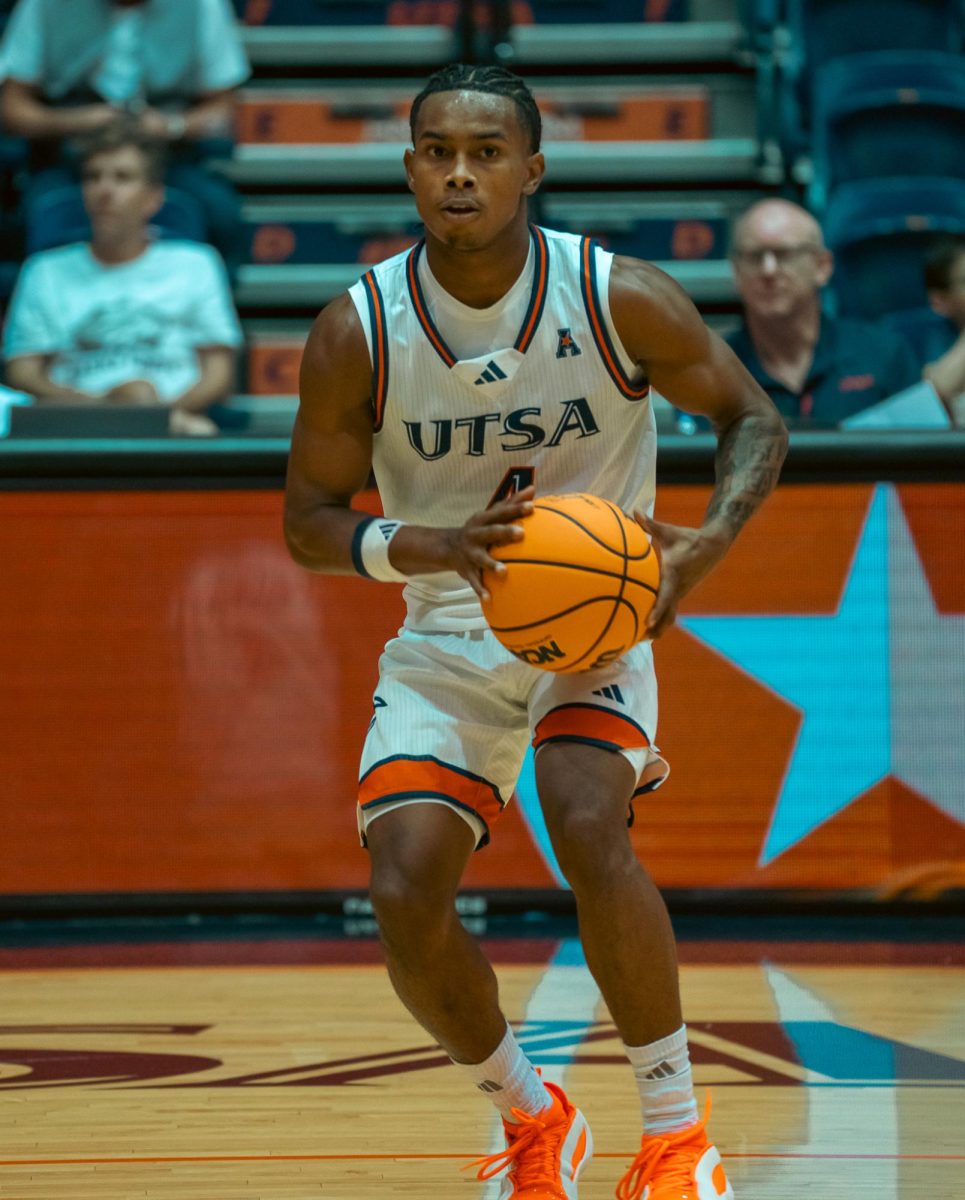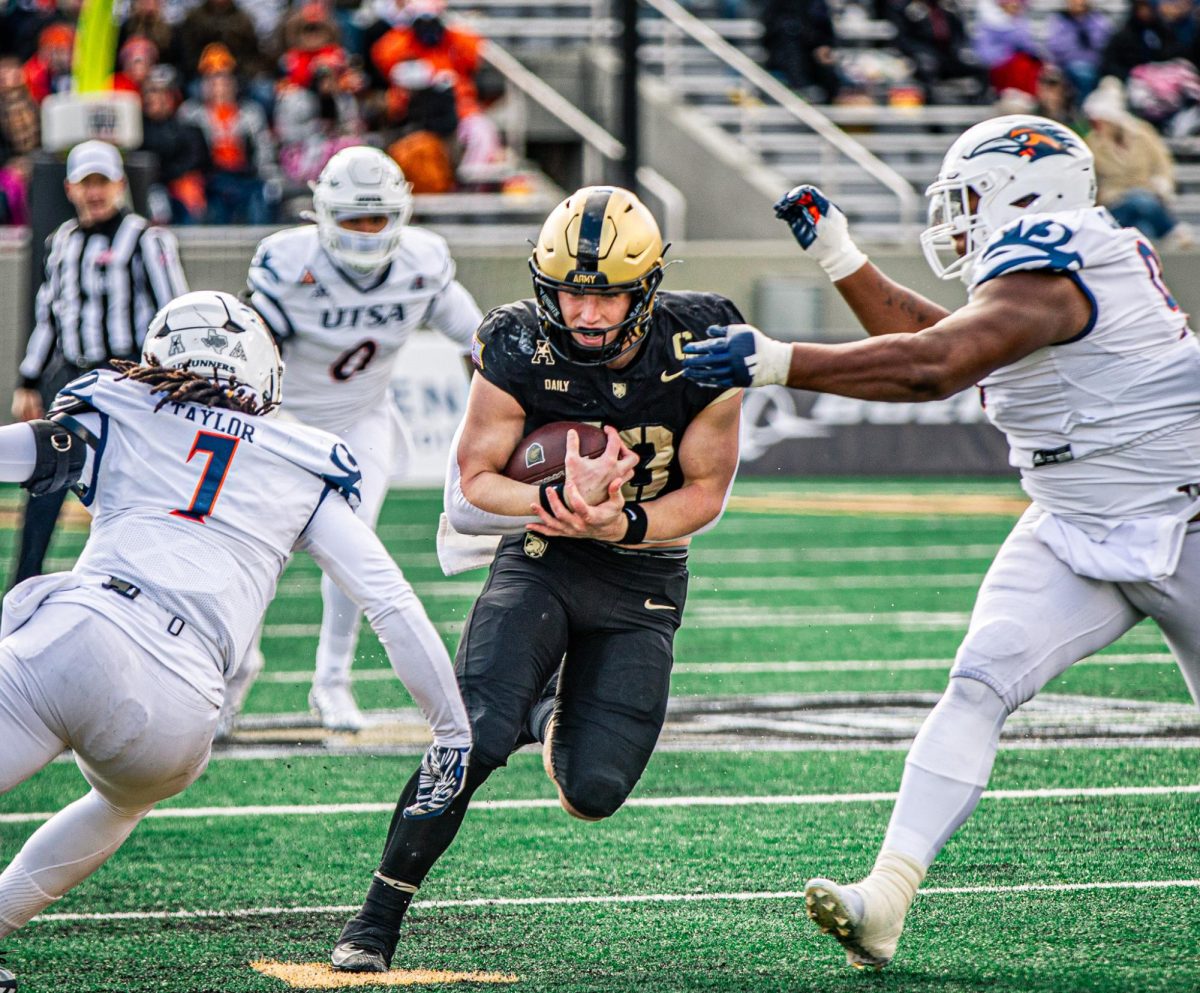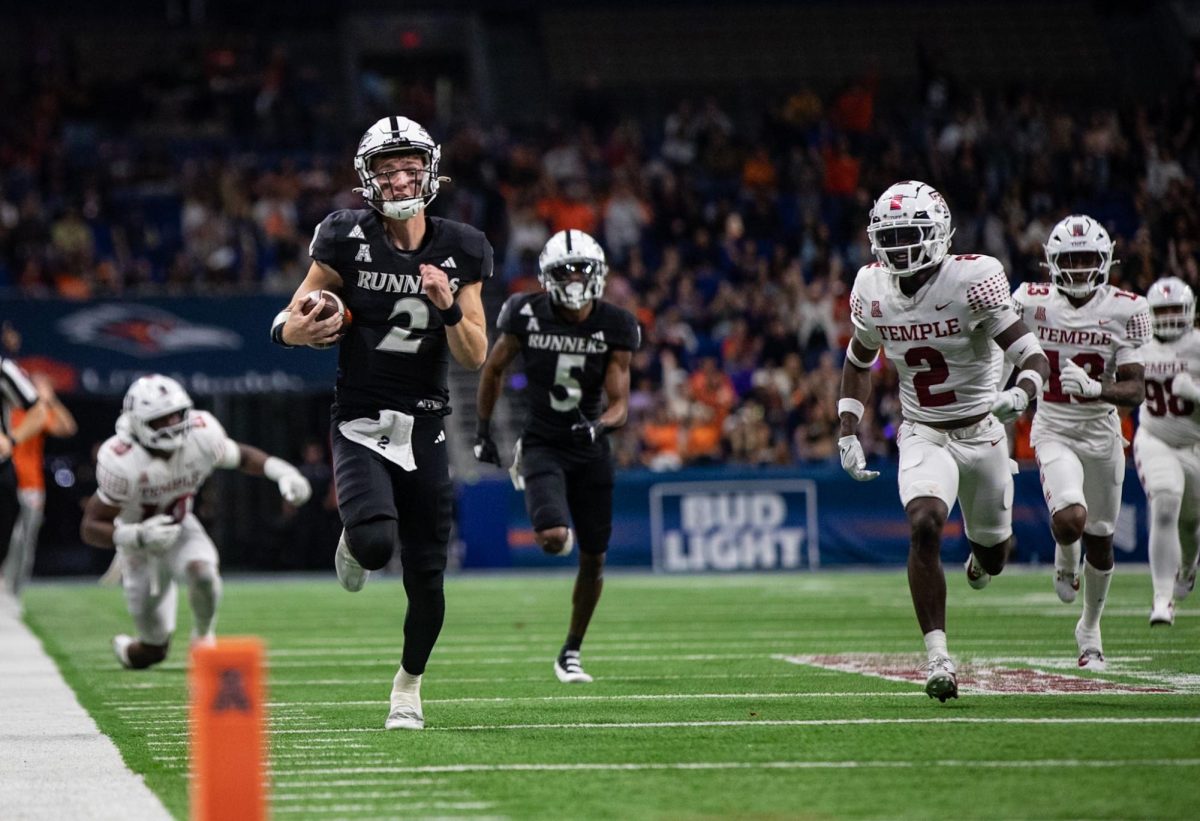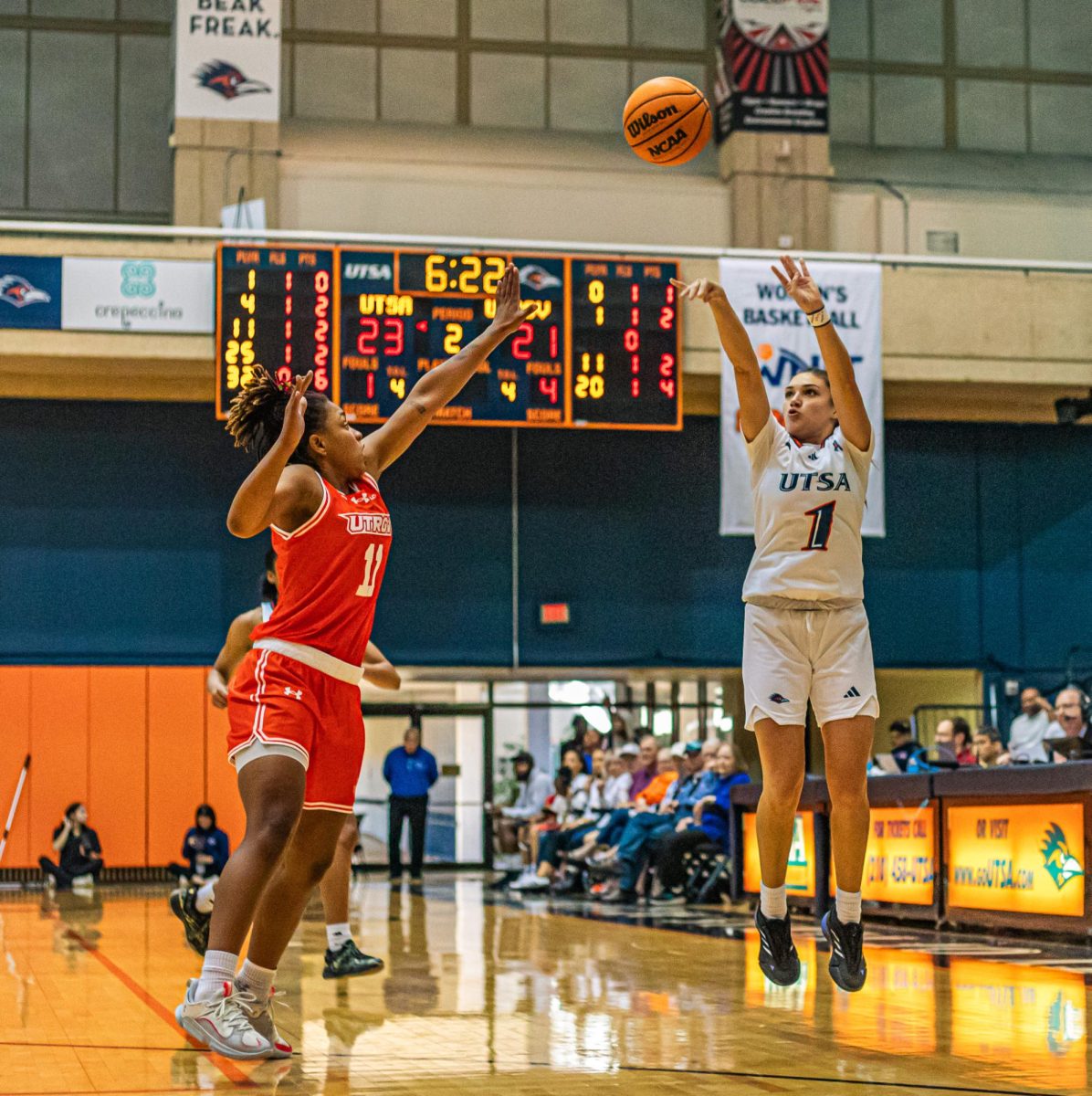As the success of the NFL continues to grow, the salary caps for the teams grow as well. Players like Patrick Mahomes, Tyreek Hill and Nick Bosa are seen signing record-breaking extensions worth anywhere from $35 to $50 million a year. These players are the best at their position and deserve everything they are paid because of the impact they have on the game. Being an impactful player should be enough to be paid what is deserved, but running backs are constantly lowballed no matter how much they do for a team.
Saquon Barkley has struggled with injuries throughout his career but was finally able to piece together a full season for the New York Giants in 2022. Behind the legs of Barkley, the Giants made a surprise playoff appearance, their first since 2016. Barkley had 1,312 yards,10 touchdowns and earned a spot in the 2022 Pro Bowl. Barkley also contributed in ways that will not show up on the stat sheet. Struggling Giants quarterback Daniel Jones was able to have a career year with a healthy Barkley beside him in the backfield. The opponents’ fear of Barkley created new opportunities for Jones in the passing game.
When the offseason rolled around, Jones was rewarded with a four-year $160 million contract and Barkley was given the franchise tag. Barkley refused to sign the tag which was worth a measly $10 million, in hopes of negotiating a better-paying long-term contract. After months of negotiating, there was no extension reached and Barkley decided to hold out. The holdout continued throughout the summer, and as the season began to approach, Barkley caved and settled for a one-year $11 million deal. Now, if Barkley gets hurt, his value in 2024 Free Agency would decrease substantially.
Other top running backs like Austin Ekeler and Josh Jacobs find themselves in this same situation. Why is it that, despite their large impact on the team, running backs are not rewarded financially like other positions are? It is mainly because of three factors: age, injury and replaceability. Most top running backs tend to have a large decrease in production by the time their first contract ends. Owners do not want to pay a large amount of money for a player who cannot play like they used to. Running backs are hit more than any other position, which leads to wear and tear that results in a short shelf life. Why would owners invest in a player that cannot stay on the field?
Running back production is also easy to find, specifically in the draft. Late-round running backs can be easily inserted into an offense and find success faster than any other position. If a team can find good production from a cheap late-round rookie, why should it spend valuable cap space on an older player?
It is a tough business, and both sides of the argument are understandable. The team is trying to protect themselves and so is the running back. It is an issue that is unlikely to be resolved soon barring a compromise between the NFL and the NFLPA. Expect more outrage from the players as the struggle for the players’ financial protection continues.


